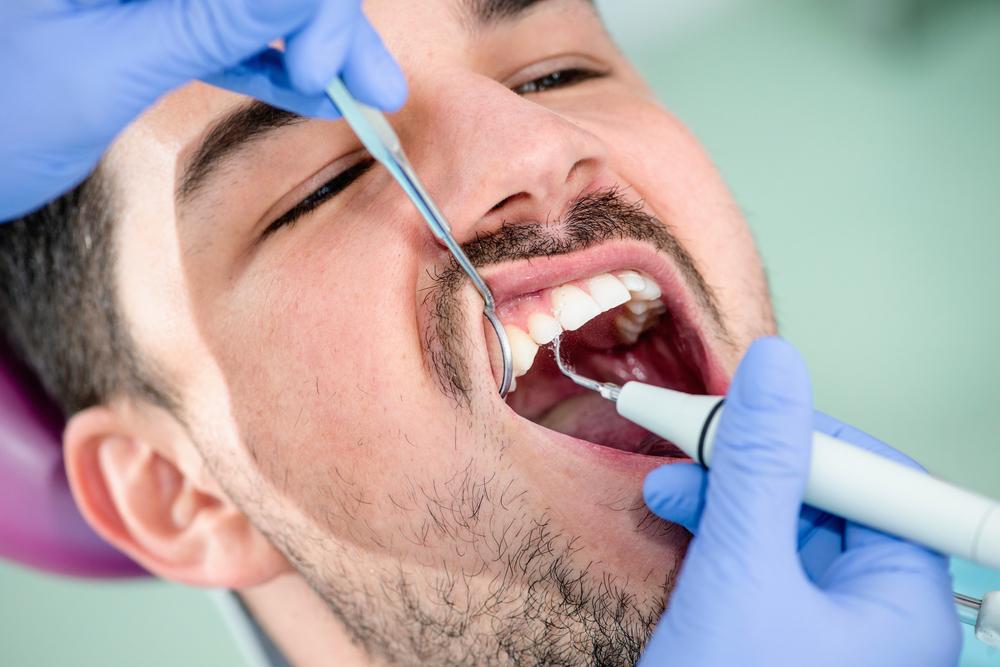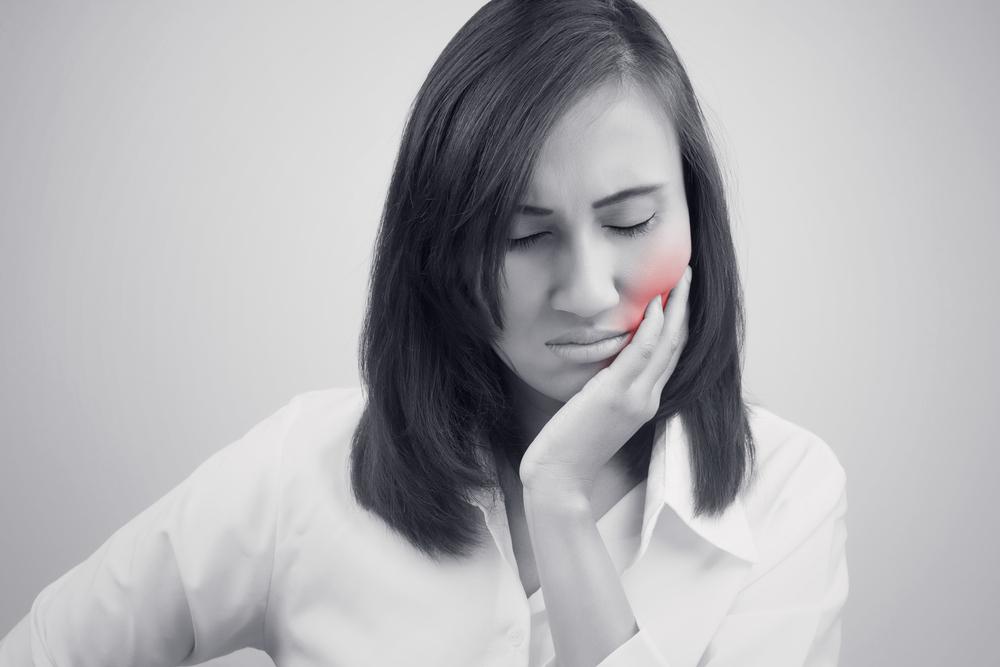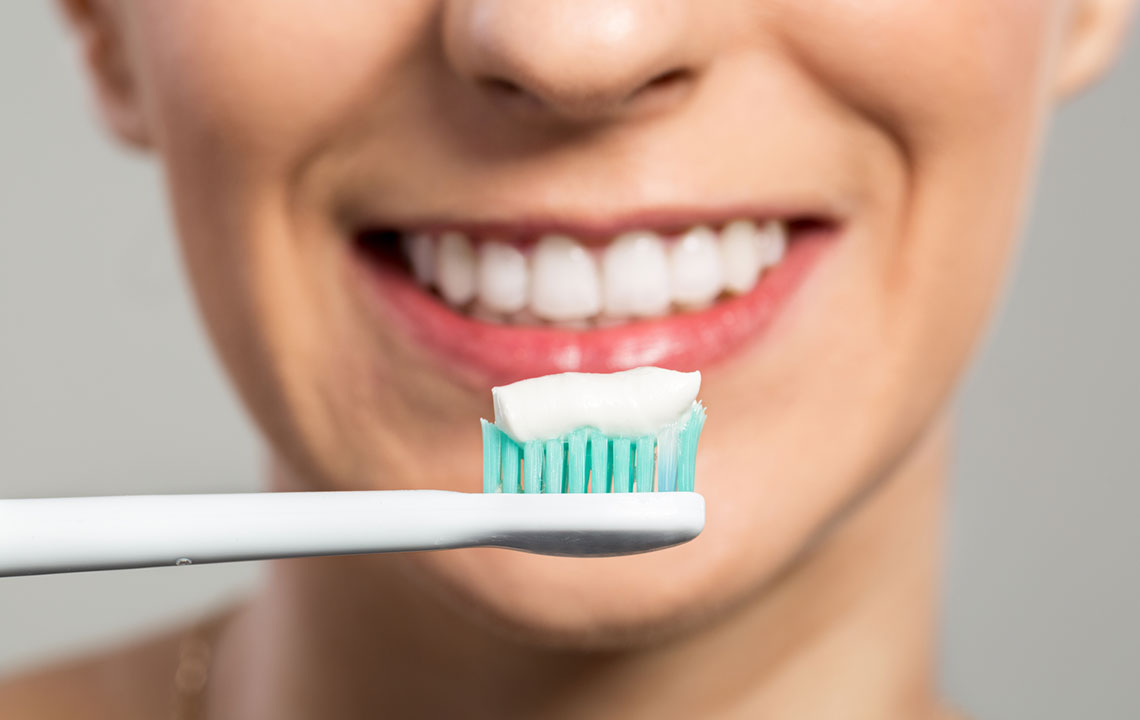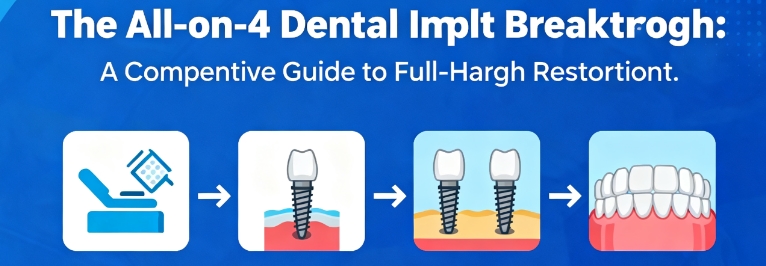Common Causes of Tooth Discomfort and Effective Treatments
This comprehensive guide discusses common causes of tooth pain, including sensitivity, decay, and infections, along with practical remedies. It emphasizes the importance of consulting dental professionals for persistent issues and offers simple home treatments for immediate relief. Proper dental hygiene and timely care are crucial to prevent severe complications and maintain oral health. The article aims to educate readers on recognizing various types of dental discomfort and seeking appropriate treatment promptly.

Common Causes of Tooth Discomfort and Effective Treatments
tooth pain impacts many individuals and can range from mild to severe. Understanding the underlying causes can aid in proper treatment. Typically, pain signals there’s an issue in the mouth, and the type and intensity can indicate the problem’s severity. Here are some common reasons for dental pain along with remedies to consider.
Cold or Hot Food and Drink Sensitivity
If fleeting, this usually indicates a minor problem, such as tiny decay areas, a loose filling, or exposed roots.
Exposed nerve roots often result from poor brushing habits.
Maintaining oral hygiene by gentle cleaning with a soft brush, limiting brushing to twice daily, and using fluoride toothpaste can help reduce sensitivity. If symptoms persist or worsen, consult a dentist for further evaluation.
Sensitivity After Dental Procedures
Post-treatment pulp inflammation can cause temporary tooth sensitivity. Usually resolving within days, persistent discomfort may require dental attention. Over-the-counter pain relievers like paracetamol or aspirin are helpful. If pain intensifies, see your dentist.
Sharp Biting Pain
Broken teeth, decay, or loose fillings may cause sharp pain when biting down. These issues need dental treatment, such as filling repairs or root canal therapy if pulp damage exists. Handling cracked teeth can be complex and requires prompt attention.
Persistent Ache
Lingering pain often signals irreversible pulp decay, demanding urgent dental care to prevent further infection. Root canal therapy is typically recommended.
Upper Tooth and Sinus Pain
Pain in upper teeth and the sinuses often share nerve pathways, making it difficult to pinpoint the cause. Cold or sinus infections can mimic dental pain, and teeth grinding may contribute. Consulting a healthcare professional helps determine the root issue and appropriate treatment.
Unlocalized Chronic Pain
Severe decay affecting the nerve can cause persistent, unlocalized pain. Immediate dental evaluation is necessary, with root canal treatment often essential to save the tooth.
Sore, Swollen Gums and Persistent Pain
Infections leading to abscess formation can cause swelling and intense discomfort, possibly affecting nearby bone. Root canal therapy is usually needed. Over-the-counter pain remedies may offer temporary relief until dental treatment can be performed.
Home Relief Tips for Dental Pain
While professional treatment is best, some home remedies can provide quick relief:
Clove oil: Contains eugenol, a natural numbing agent, providing short-term pain relief.
Peppermint oil: Offers similar numbing effects as clove oil.
Saltwater rinse: Helps reduce infection and cleanse debris.
Garlic: Known for its antibacterial properties, it can help limit infection spread.
Alcohol or vanilla extract: Act as natural numbing agents.










